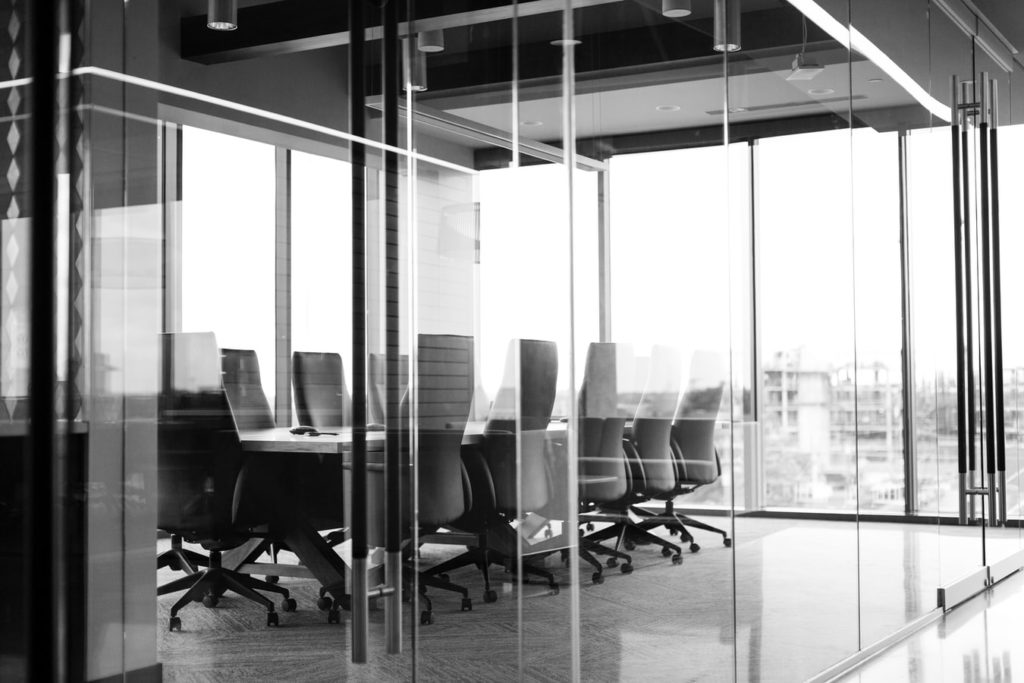How do you calculate the real cost of your offices?
In addition to the face value of the rent, the tenant of an office space generally also assumes:
- the costs of water, gas and electricity
- ordinary maintenance and repair costs: heating, metres, lavatories, external shutters, interior and exterior painting, gardens, etc.
- equipment costs of the co-ownership: costs of lifts or maintenance staff for shared areas
- taxes and other levies associated with the use of the office:
- Property tax. In Brussels, this amounts on average to +/- 41% of the indexed cadastral income.
- Tax on non-residential properties, also known as the “Brussels regional tax”. It amounts to €8.7 per m² per year above the first 300 m², not to exceed 14% of the reassessed cadastral income (ordinance of 23 July 1992).
- In Brussels, each municipality has also developed its own tax regulation for offices. It amounts on average to €14.55 per m² per year.
- Above a certain number of parking spaces per building, it is possible that you may have to pay tax on additional parking spaces, which ranges from €250 to €450 per year per parking space, depending on the zone.
Rent for commercial properties are expressed in €/m²/year, excluding taxes and charges. This formula does not include other costs such as security, insurance, registration of the lease, etc.
- Annual indexation of rent
Your lease will mention the conditions for indexation: it is usually annual, either on the anniversary of the signing of the contract or at another date set down in the contract. The rent is indexed on the basis of the changes to the official consumer price index (currently this is the health index). - Security deposit
The security deposit is generally the equivalent of 6 months’ rent excluding taxes or charges, payable in advance, but it may be a different amount set down by mutual agreement of the two parties.
2 options are available:
either to be placed in a blocked bank account,
or in the form of a guarantee payable upon first request by a banking institution (bank guarantee). - Insurance
Either the tenant insures his or her responsibility (fire), or he or she contributes to the insurance taken out by lessor, renouncing recourse by the insurer against the tenant.
The tenant is also required to insure the contents of the office. - Registration of the lease
Registration of the lease protects the tenant in respect of the new owner. Once registered, the lease is enforceable against all parties. This means that if the building is sold or donated, the new owner must respect the registered lease in the same way as the former owner. By contrast, the new owner will be free to terminate an unregistered lease.
The registration of leases other than for residential purposes incurs a fee, which must be paid by the tenant. The registration fee is set at 0.2% of the taxable base, that is, the combined amounts of the rent and charges borne by the tenant throughout the entire period of the lease. - Other costs to be considered
- Moving costs
- Internet subscription
- Equipment maintenance (photocopiers, printers, coffee machines, etc.)
- Moving costs: interior decoration, renovation (may be negotiated with the lessor), equipment or technical connections and furnishings.
It is clear that the real cost of rental is much higher than just the rent. Which is why it is worth working with experts like ESSET Letting & Sales. They assist companies who are looking for offices to rent and adapt their offers to your needs and budget.
Any questions? Contact us on 02 340 24 88
Retour aux actualités